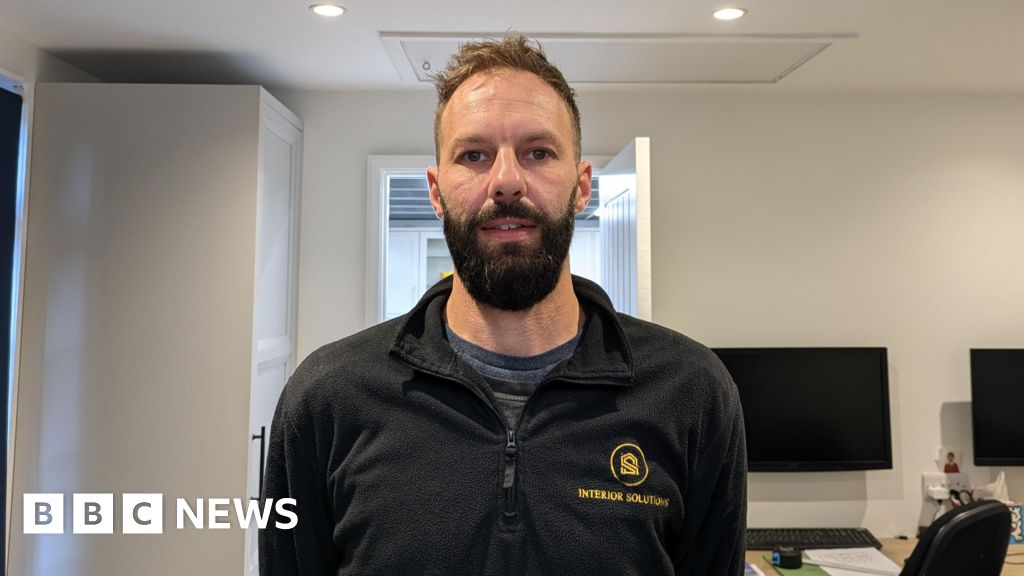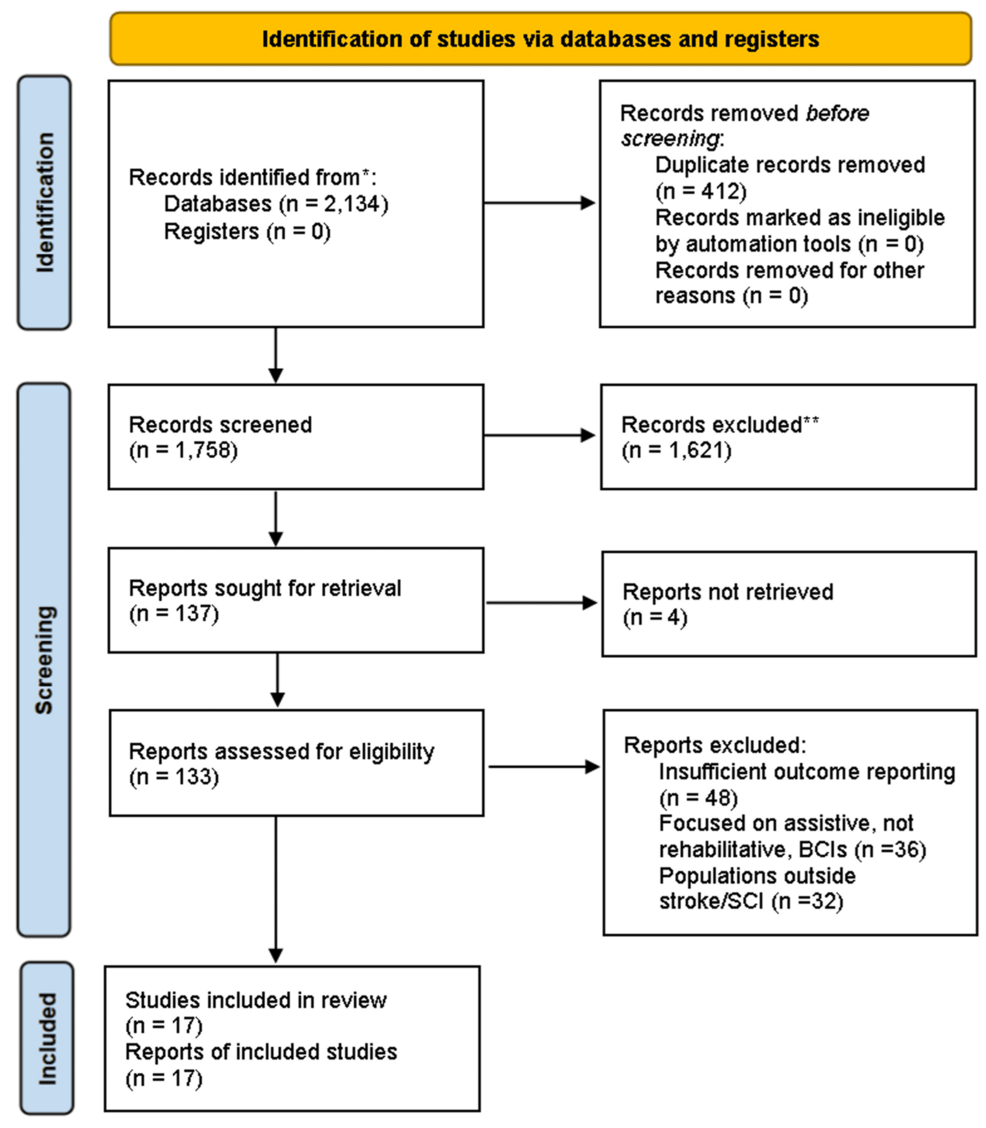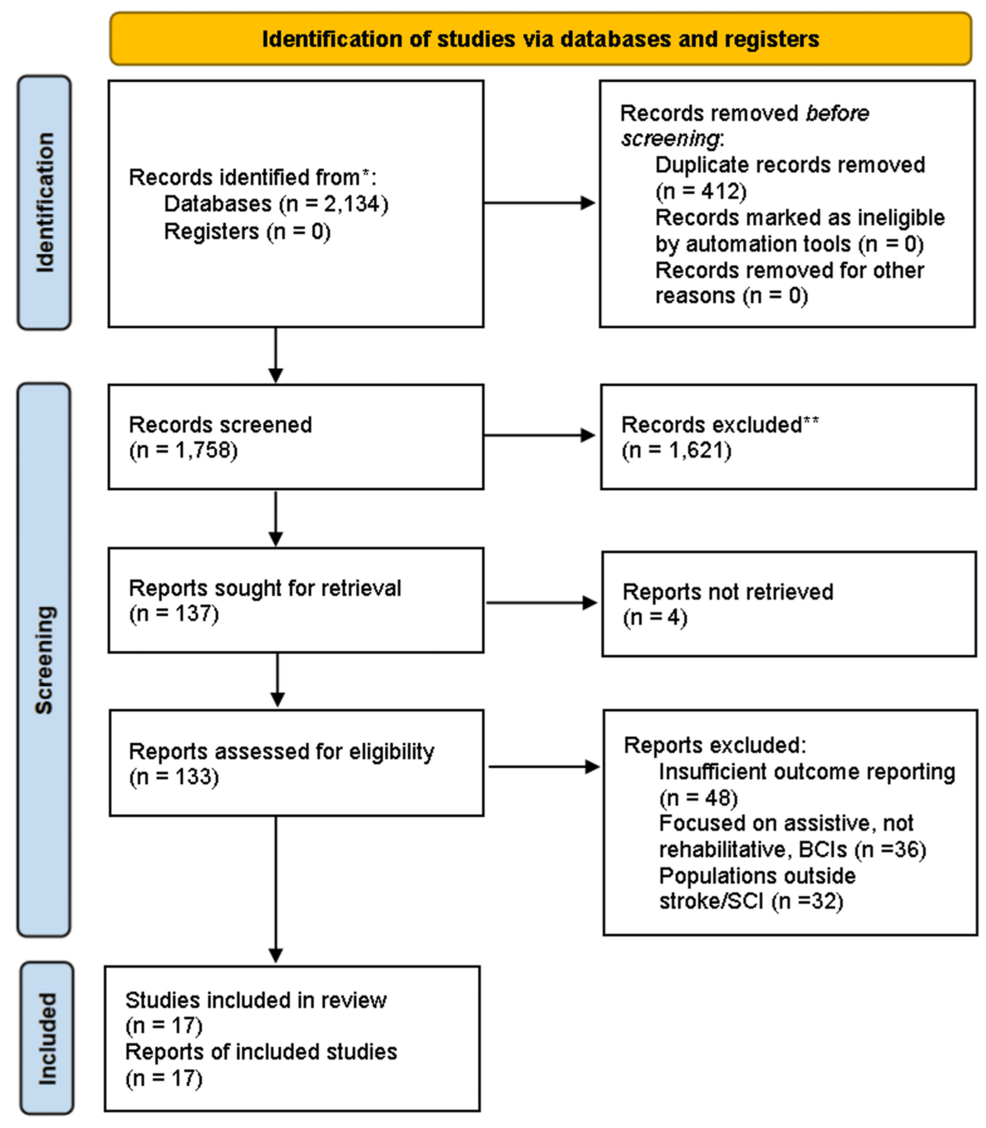- Breast cancer: What you need to know about early detection and risk Euronews.com
- Behind the Myths: Why Too Many Women Still Skip Mammograms The Harris Poll
- Early detection saves lives – One to Three Manx Radio
- Baptist Health promotes cancer…
Blog
-
Breast cancer: What you need to know about early detection and risk – Euronews.com
-

Energy clubs offer chance to reduce electricity bills by up to 30% | Energy bills
With autumn now in full swing, shorter days and lower temperatures spell higher energy costs. However, an innovative social enterprise is doing its bit to help by offering people the chance to reduce their electricity bills by as much as 30%.
Energy Local is a non-profit organisation that has created a way for people to benefit from local clean energy by teaming up with a renewable energy project in their area – it might be a wind turbine, solar farm or hydroelectric scheme – to get a better deal.
It enables participating residents to buy renewable electricity at a discounted price.
They form a club, which their local renewable project also joins, and it works by matching up the residents’ energy usage to the locally generated electricity. The club agrees a price residents will pay for the electricity they use when the local renewable energy is being generated.
In Bridport in Dorset, the installation of a wind turbine by the local farmer Peter Bailey in one of his fields allowed an energy club to be set up in 2021. Almost 60 people are signed up to the club, and the connection between local energy generation and usage is already having an impact on how members behave.
“Peter believes wind power of about 11mph produces sufficient power for it to generate. You know on a windy day that it’s generating power,” says Malcolm Drew, a semi-retired engineer and energy club member.
“The website we can access tells us what the turbine is doing – it picks up on wind speed and tells you how windy it is and if it’s a good time to use electricity,” he adds.
Richard Toft, who helped to found the club, says: “We’re all saving. Depending on your personal habits, people save a different proportion – anywhere between a 10% and 25% reduction on your bill.”
There are many more people interested in joining the Bridport club than available spaces but there are hopes that it can set up a solar farm based on a cooperative investment model to expand the project and allow more members to join.
The club agrees a price residents will pay for the electricity they use when the local renewable energy is being generated. Photograph: Simon Dack/Alamy Energy Local was set up by Dr Mary Gillie in 2016 after she witnessed a surprising frustration among people living in Ashton Hayes, Cheshire, who wanted their small village to become carbon neutral.
“They said: ‘Can we all just put solar power on our roofs? How do we then say that we’ve used that power?’” Gillie says.
“But at the time, we couldn’t show when they were using it. It was when smart meters began to be developed that I realised we could do that.”
There are now 36 energy clubs across Great Britain that Energy Local is involved with, stretching from Scotland down to Devon and Dorset. The idea behind them is simple. Thanks to smart meter technology, it is now possible to show how much electricity a household uses every half an hour. Energy Local has developed software that compares that usage with the electricity generated by a local renewable energy scheme such as a wind turbine, hydro project or solar farm.
Gillie and her team have worked with energy companies to negotiate a special tariff arrangement, thereby creating a “hyper-local” market that acknowledges the renewable power being generated in that area.
The price the club members pay for the electricity they use when the local clean energy is being generated is higher than the amount the renewable energy projects would normally get from selling their power to suppliers but lower than the price residents would usually pay via a regular tariff. “It’s a win-win,” Gillie says.
In Brixton, south London, Energy Local has helped unlock the potential of an existing solar project on the roof of a social housing block called Roupell Park. The photovoltaic panels on the building’s roof were installed in 2013 thanks to a community investment initiative organised by the not-for-profit organisation Repowering London.
“Everyone, as investor members, owns a piece of that kit on the roof [in Roupell Park],” says Afsheen Kabir Rashid, the co-founder and chief executive of Repowering London.
Solar panels were installed on the roof of the Roupell Park in Brixton, south London, in 2013. Photograph: Martin Godwin/The Guardian “It’s really empowering for local people. But we kept coming back to this point: how can we supply this energy locally? Energy Local has been one of the models that has allowed us to do that.
“It’s a small trial in Brixton – 18 households or so – but they have seen benefits on their energy bills already.”
Repowering London raises money for the solar panels through community shares. It believes that democratising the energy system is the fastest route to decarbonising the sector and making it fairer. “We still have huge fuel poverty in the UK,” Kabir Rashid says. “People are scared about the bills that arrive. People are disconnected from where the energy is coming from. The benefits of the extractive fossil fuel economy do not stay local in people’s pockets. But through community energy, we can bring people closer, make it visible.”
When the sun is weak or there is no wind, the energy club members have to pay a higher tariff – however, part of the aim of Energy Local is to encourage people to change their consumption habits.
Gillie says that as well as trying to support local renewable energy and reduce people’s bills, “we want to manage the electricity network as efficiently as we can … If we can get people to use more power when local generation is running or when fewer people are using it, we can solve both problems.”
Electricity demand is typically greatest between 4pm and 8pm but Energy Local encourages participants to set timers for washing machines and similar devices, and to try to move energy-intensive tasks to the times of day when local clean power generation is running at maximum levels and electricity is at its cheapest.
Repowering London’s Afsheen Kabir Rashid says people involved in the Roupell Park trial ‘have seen benefits on their energy bills already’. Photograph: Martin Godwin/The Guardian While the idea of hyper-local energy markets and cooperative renewable power generation may sound like a perfect solution to the energy crisis, Gillie is clear that community energy schemes cannot replace the national grid entirely.
“We need a robust overarching system to ensure the power keeps flowing,” she says. “We do as much as we can locally, but after a point [infrastructure costs] can become too expensive, and that’s where you need things to be handled at a national level.”
Those infrastructure costs, such as repairing and upgrading the cables and equipment that electrify our homes and businesses, are one reason why bills, including standing charges, have just gone up. On 1 October, the average energy price cap for households in Great Britain paying by direct debit increased by £35 to £1,755 for a typical annual dual-fuel bill.
“Our network is changing – we need to invest in it. We should have done this 15 years ago, and we’re playing catchup on a massive scale,” Gillie says.
Given the desire within the industry to wean the grid off gas turbine power stations and lower consumer prices by bringing more renewable power into play, well-integrated local energy generation sites offer a glimpse of what a more efficient, carbon neutral network may look like in the future.
How do Energy Local clubs work, and how do I join one?
-
They are designed to solve a problem in the electricity market: renewable energy schemes sell their power to suppliers but people living nearby are buying that electricity back for maybe two or three times that price.
-
An Energy Local club is legally a cooperative and is where a group of residents and a local renewable energy project team up to get a better deal for both parties.
-
To take part, you need a smart meter installed in your home.
-
The club agrees a price people will pay for the electricity they use when renewable energy is being generated locally. So they may want to run their washing machine when they know the local hydro scheme is going full pelt, for example. Sometimes it will be possible to match all the electricity someone uses to locally generated power but at other times they will use more than is available. For the extra electricity, they will be charged at different rates depending on the time of day.
-
The club selects a partner energy supplier that sells the extra power that members need when there is not enough local electricity generated. So those taking part will have to change to the supplier selected.
-
Energy Local says the savings will vary from household to household but adds: “We estimate you could save about 10% to 30% on your electricity bills.” However, club members still have to pay standing charges.
-
The organisation has created an online dashboard to help people manage their energy use. It can provide a forecast of how much power will come from the local renewable energy source each day.
-
If you would like to join an Energy Local club, there is a list on the organisation’s website of clubs that are up and running or being set up (some are now full). If there isn’t one in your area but you would like to be notified if one is set up, there is a form on the site where you can register your details. “We have clubs developing in many areas. Please let us know you are interested,” the organisation says.
Continue Reading
-
-

Timothée Chalamet receives major praise from Josh O’Connor
Timothée Chalamet deemed as ‘refreshing’ by Josh O’Connor Josh O’Connor just called Timothée Chalamet’s ambition “refreshing.”
Earlier this year, the Wonka star made headlines when he boldly expressed his…
Continue Reading
-

Lani Pallister swims third fastest 400m freestyle in history at the 2025 Swimming World Cup Westmont
Lani Pallister swam as if she was shot out of a cannon on Friday (17 October), zipping ahead of her nearest rivals to win the women’s 400m freestyle at World Aquatics Swimming World Cup in Westmont, United States of America.
The six-time World…
Continue Reading
-

Microsoft Confirms Emergency Update For Millions Of Windows Users
This is a ‘total disaster’
NurPhoto via Getty Images
Just days after Microsoft killed security updates for 500 million Windows 10 users, there’s bad news for Windows 11 users as well. A new, mandatory security update is a “total disaster”…
Continue Reading
-

‘Panic’ as kitchen firm enters administration
A man setting up a kitchen showroom using products from a company that has gone into administration said the situation had been handled “terribly” because of a “lack of communication”.
One-hundred-and-five people have been made redundant at Waterline Limited, one of the UK’s largest independent wholesale distributors of kitchens and bathrooms, based in Newport Pagnell, Buckinghamshire.
Administrator Alex Cadwallader said the directors had been “forward thinking… proactive and took all the correct steps”.
But kitchen fitter Dean Bridgen said he was left in “panic” after spending around £20,000 on a new showroom in Redruth, Cornwall – using products purchased through Waterline.
He said he had a call from his rep four days before opening Dutchy Kitchens saying there were “difficulties” and it was about to get “turbulent”.
“That was about the only news we got for weeks.
“Everyday you are hoping that the phone rings and it is new information or they’ve been saved.”
He had already placed two customer orders with the company, although not paid, and is sourcing stock through other businesses.
“The first thing we did was panic,” he said.
“We just didn’t have any communication.”
Mr Bridgen said his Waterline rep had been “absolutely fantastic” but did not have any information.
The company was founded in 1947 and had more than 5,000 customers, according to its website.
Mr Cadwallader, from the firm Leonard Curtis, was one of two administrators appointed on 9 October, after which orders have not been fulfilled.
He said the business had seen increased orders during the Covid pandemic, but the number had then decreased.
This was one of a number of pressures including increased interest rates, the cost-of-living crisis and higher national insurance costs, he added.
He said the company had been relying on support from its shareholders which became “no longer viable” and a planned sale fell through.
Mr Cadwallader said, based on current information, he did “anticipate there will be a material return” to all groups of creditors, including staff and suppliers.
He said directors had taken appropriate advice and followed it, but when businesses were struggling it was often not possible to alert clients.
“Openly telling all your customers about the financial position of the business generally leads to it falling away relatively quickly, so it would not be a route directors would be advised to take.”
“[Directors] were forward thinking, they were proactive and took all the correct steps you would expect them to,” he said.
Around 15 staff members were still at work to help implement a “wind down plan”, where stock owned by suppliers is being returned.
Continue Reading



